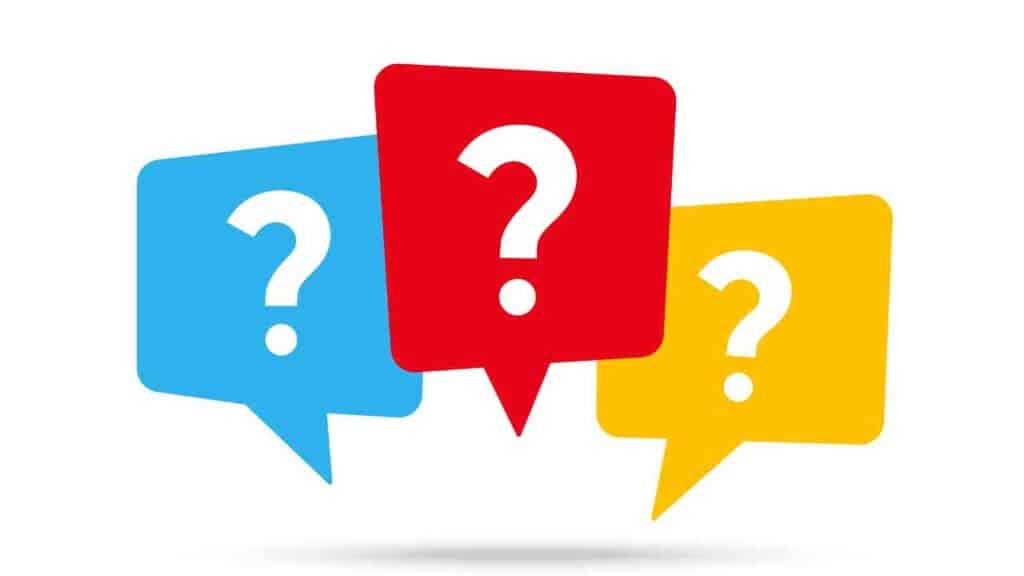Maximizing Value from CRM for Customer Behaviour Analysis

Customer Relationship Management (CRM) systems have become an essential tool for businesses of all sizes. These platforms enable companies to manage their interactions with customers, streamline sales processes, and improve overall customer satisfaction. However, the true value of CRM lies in its ability to provide valuable insights into customer behavior. By analyzing customer data, businesses can gain a deeper understanding of their target audience, identify trends, and make data-driven decisions to maximize their marketing efforts.
The Importance of Customer Behavior Analysis
Understanding customer behavior is crucial for businesses to develop effective marketing strategies and drive growth. By analyzing customer data, businesses can gain insights into their customers’ preferences, needs, and purchasing patterns. This information can be used to tailor marketing campaigns, personalize customer experiences, and improve customer retention rates.
Customer behavior analysis can provide businesses with answers to important questions such as:
- What are the most popular products or services among our customers?
- What factors influence customers’ purchasing decisions?
- What channels do customers prefer for communication?
- What are the key touchpoints in the customer journey?
By answering these questions, businesses can optimize their marketing efforts, allocate resources effectively, and ultimately increase their revenue.
The Role of CRM in Customer Behavior Analysis
A CRM system serves as a centralized database for customer information, allowing businesses to collect, store, and analyze data from various touchpoints. This data can include customer demographics, purchase history, communication preferences, and more. By leveraging this data, businesses can gain valuable insights into customer behavior and make informed decisions.
Here are some ways CRM can maximize value for customer behavior analysis:
1. Data Consolidation
CRM systems consolidate customer data from various sources, such as website interactions, social media, email marketing campaigns, and customer support interactions. This consolidation allows businesses to have a holistic view of their customers’ behavior across different channels. By having all the data in one place, businesses can easily analyze and identify patterns or trends.
2. Segmentation and Personalization
CRM systems enable businesses to segment their customer base based on various criteria, such as demographics, purchase history, or engagement level. By segmenting customers, businesses can create targeted marketing campaigns that resonate with specific customer groups. Personalization is a key aspect of effective marketing, and CRM systems provide the necessary tools to deliver personalized experiences to customers.
3. Predictive Analytics
CRM systems equipped with predictive analytics capabilities can help businesses forecast customer behavior and identify potential opportunities. By analyzing historical data, businesses can predict future trends, customer churn, and even identify cross-selling or upselling opportunities. This allows businesses to proactively address customer needs and stay ahead of the competition.
4. Customer Journey Mapping
CRM systems can help businesses map out the customer journey by tracking customer interactions and touchpoints. By understanding the customer journey, businesses can identify pain points, areas of improvement, and opportunities for engagement. This information can be used to optimize marketing campaigns, improve customer experiences, and increase customer satisfaction.
Case Study: XYZ Company
XYZ Company, a leading e-commerce retailer, implemented a CRM system to enhance their customer behavior analysis. By leveraging the CRM platform, they were able to gain valuable insights into their customers’ preferences and purchasing patterns.
Through data consolidation, XYZ Company was able to analyze customer behavior across various channels, including their website, social media, and email marketing campaigns. They discovered that a significant portion of their customers preferred to engage with the brand through social media platforms. Armed with this information, XYZ Company allocated more resources to social media marketing and saw a significant increase in customer engagement and sales.
Additionally, XYZ Company used the segmentation and personalization features of their CRM system to create targeted marketing campaigns. By segmenting their customers based on purchase history and preferences, they were able to deliver personalized product recommendations and offers. This resulted in higher conversion rates and increased customer loyalty.
Furthermore, XYZ Company utilized predictive analytics to forecast customer behavior and identify potential opportunities. By analyzing historical data, they were able to identify seasonal trends and adjust their inventory and marketing strategies accordingly. This allowed them to optimize their resources and maximize sales during peak seasons.
Overall, the implementation of a CRM system enabled XYZ Company to gain a deeper understanding of their customers and make data-driven decisions. This resulted in improved marketing effectiveness, increased customer satisfaction, and ultimately, higher revenue.
Maximizing value from CRM for customer behavior analysis is crucial for businesses looking to gain a competitive edge in today’s market. By leveraging CRM systems, businesses can consolidate customer data, segment their customer base, utilize predictive analytics, and map out the customer journey. These insights enable businesses to develop targeted marketing campaigns, deliver personalized experiences, and make informed decisions to drive growth.
Implementing a CRM system, such as SaasExpert.ca – Your All-In-One Sales and Marketing Platform, can provide businesses with the necessary tools to maximize value from customer behavior analysis. By leveraging the features and capabilities of a CRM system, businesses can unlock valuable insights and stay ahead of the competition in today’s data-driven world.
Learn more about “Applying CRM Insights to Improve Customer Experiences” right here.
Frequently asked questions about Maximizing Value from CRM for Customer Behaviour Analysis.

1. How can CRM tools help in understanding customer behavior better? 🤔
Answer: CRM tools are the backbone of customer relationship management and play a pivotal role in understanding customer behavior. 📊 They capture a wealth of data on every interaction a customer has with your business, from their first website visit to post-purchase feedback. By analyzing this data, businesses can gain valuable insights into buying patterns, preferences, and potential pain points. Over time, this accumulated knowledge helps in predicting future behaviors, personalizing marketing efforts, and delivering a seamless customer experience. Essentially, CRM tools transform raw data into actionable insights. 💡
2. What features should I look for in a CRM to analyze customer behavior effectively? 🕵️♂️
Answer: When seeking a CRM for analyzing customer behavior, it’s crucial to prioritize features that dive deep into data analytics. 📈 Here are some must-haves:
Segmentation Capabilities: Allows for categorizing customers based on demographics, purchase history, and more.
Behavioral Tracking: Monitors customer interactions across various channels, such as website visits, email opens, and social media engagement.
Predictive Analytics: Uses historical data to forecast future customer actions and trends.
Integration Capabilities: Seamlessly integrates with other tools, like marketing automation platforms and e-commerce systems, to gather comprehensive data.
Customizable Dashboards: Presents data in an easy-to-understand format, enabling quick decision-making. 🖥
Choosing a CRM with these features ensures you’re equipped to analyze, understand, and act on customer behavior. 🚀
3. How can I leverage CRM data to improve customer retention? 🤗
Answer: Retaining customers is often more cost-effective than acquiring new ones, and CRM data is your goldmine in this endeavor. 💎 Here’s how:
Personalization: Use CRM data to tailor marketing messages, product recommendations, and offers that resonate with individual customers.
Feedback Analysis: Dive into feedback and reviews to address concerns and improve your product or service.
Engagement Tracking: Monitor inactive customers and re-engage them with targeted campaigns or loyalty programs.
Lifecycle Analysis: Understand where customers are in their journey and provide relevant content or offers to guide them to the next stage.
By continuously listening to and acting on the insights from your CRM, you can foster lasting relationships and turn customers into loyal advocates. ❤️
4. Are there any challenges in using CRM for customer behavior analysis? 🚧
Answer: While CRM tools offer immense benefits, there can be challenges:
Data Overload: With vast amounts of data pouring in, it can be overwhelming to discern actionable insights. 🌊
Integration Hurdles: Not all CRM systems play well with other tools, leading to data silos.
Training Requirements: To maximize CRM capabilities, your team must be well-versed in its functionalities.
Data Privacy Concerns: Ensuring data is collected, stored, and used in compliance with privacy regulations is crucial.
However, with the right strategy and tools in place, these challenges can be effectively navigated, unlocking the full potential of CRM. 🔐
5. Can CRM tools predict future customer behaviors? 🔮
Answer: Absolutely! Advanced CRM tools come equipped with predictive analytics capabilities. By analyzing past interactions and behaviors, these tools use algorithms and machine learning to forecast potential future actions. 📅 This can be immensely valuable for businesses, allowing them to anticipate needs, tailor marketing strategies, and ensure they’re always one step ahead in delivering exceptional customer experiences. While no tool can predict the future with 100% accuracy, CRM systems give businesses a competitive edge by providing an informed glimpse into what might lie ahead. ⏩
- crm
- customer relationship management
- Maximizing Value from CRM for Customer Behaviour Analysis
- What is CRM Software?






